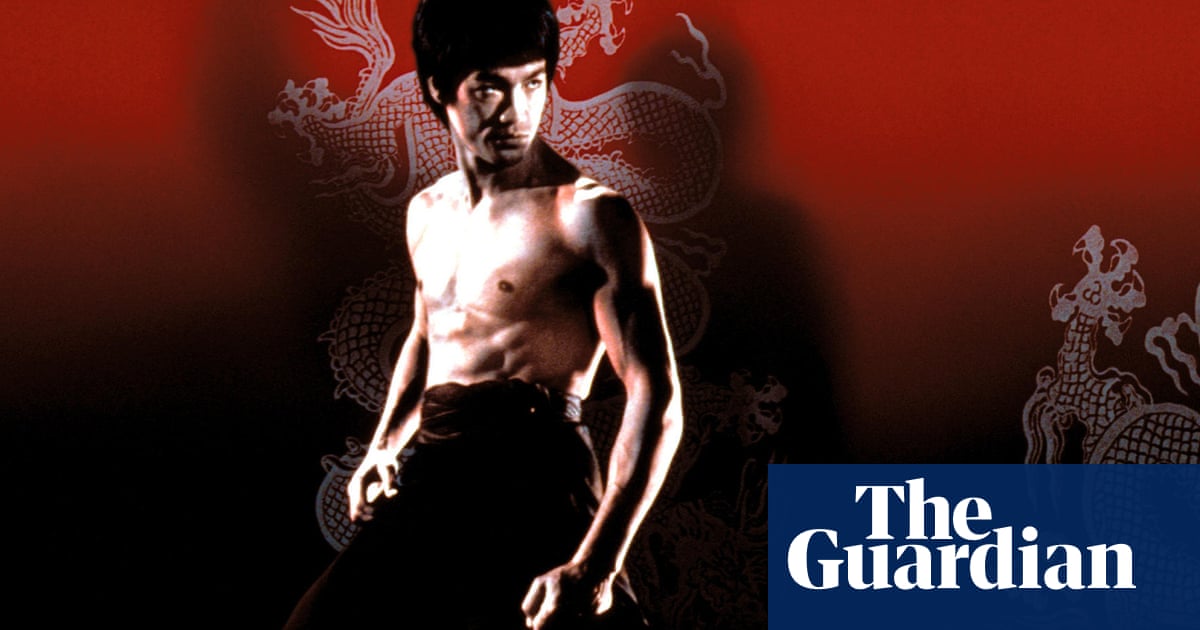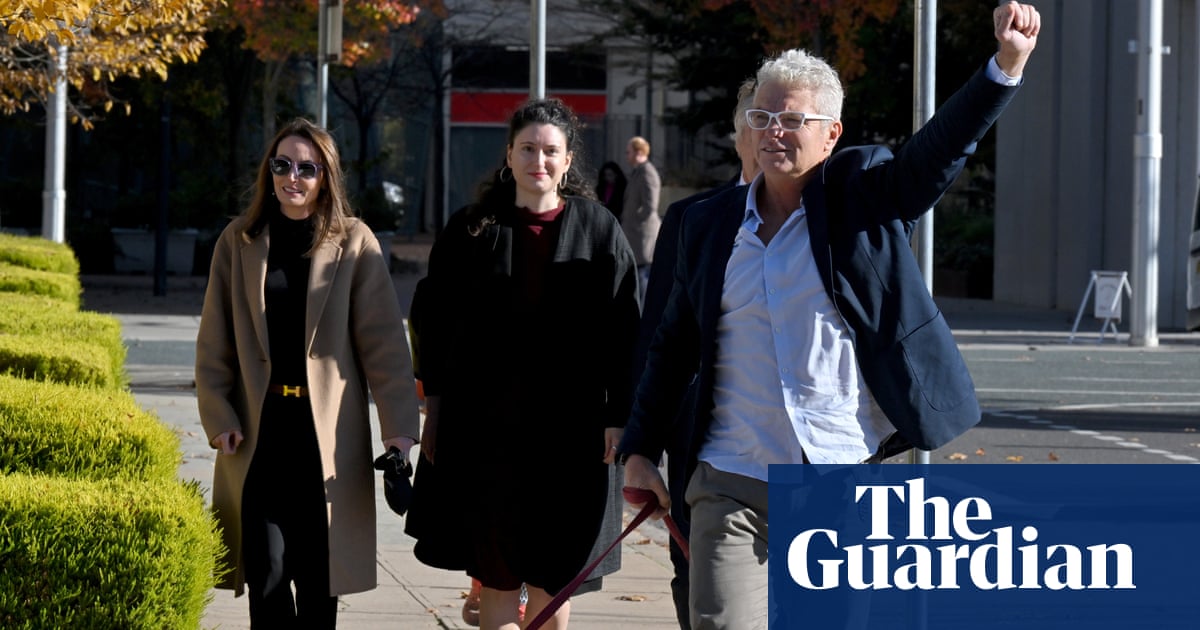
Lazarus was recorded during its run at King’s Cross theatre in London. Was the film ever intended to be shown publicly?
Initially it was for archive but we did it with seven or eight cameras like they do NT Live. When we saw the finished article it turned out to be very powerful, quite a different experience. Rather than just bang it out at the time, I talked with David’s management and we felt the right thing to do would be to wait until five years had passed since his death. With the wave of lockdown streaming – something David would have been up for and interested in – it felt like the right time. And it’s his birthday on 8 January.
Lazarus continues the story of Thomas Newton, who Bowie played in the 1976 film The Man Who Fell to Earth. What was it about Newton that inspired him?
The character must have had a big effect on him to want to make a musical based on him all that time afterwards. David had a sense of being “other”. The character’s isolation and fame are probably an aspect of it and he probably identified with the fact that Newton was a huge drinker – David had been in his time and then got clean and sober. Playing Newton had a profound effect. He was obsessed by the character and took an option out on the novel of The Man Who Fell to Earth a long time before he came to me with the idea of turning it into a musical.
You proposed that Enda Walsh write Lazarus – what made you suggest him?
The first person to come to my mind was Enda because he is brilliant at writing about people who are trapped. That felt very appropriate for the character: he wants to leave the planet and get home but he can’t. I also felt that Enda’s energy and off-centredness would be a really good match with David. Neither of them join the dots. I wanted a writer who was free-flowing and anarchic. David said he’d read Enda’s work – and were there other ideas? I gave him lots of other ideas for writers. He read them all and about three months later I got an email from him saying: Enda’s the man. Now what? I said we’d need a director. I’d been talking to Ivo van Hove about something entirely different. I saw his A View from the Bridge at the Young Vic and was blown away. I left the theatre and rang David to say he’d be perfect. It turned out that Ivo was a passionate fan of David’s. He had seen him in The Elephant Man in New York. When I asked if he was interested he said try and stop him.
Who chose which of Bowie’s songs were to be used in the show?
David gave Enda a selection of around 60 songs he had written and performed. He said they’re all available to you. Enda listened to them, thought about where the songs would fit into the story, and contacted David with his suggestions. 99% of the time David agreed. He wasn’t convinced that Heroes should be the last number in the show. He felt it was a bit too showbizzy maybe. But once he heard the arrangement, which is completely different to the way he recorded it, he agreed that it was right.
The project then devolved at a rapid pace
David got ill and he wanted it on. He said I’ve got to have this on while I’m still alive. He was heavily involved throughout, especially with Henry Hey, the musical director. David said he wanted to meet Michael C Hall, who played Newton, and they went over to Henry’s apartment. David came in and was his usual charming self; then he said: “So you’re going to sing for me!” Michael was obviously fairly freaked out by that but he did and David loved the way he sounded. What Michael said was that David made an awkward situation easy. It wasn’t in a studio – it was someone’s apartment and they were sat on the sofa. It wasn’t made to feel heavy or forbidding – although it must have been to do it. Rather Michael than me!
What was Bowie like as a collaborator?
The overriding feeling I got from him was one of creative generosity. He loved the people he worked with and he trusted them – he gave them 100% loyalty and was their champion. When we started rehearsing the show in New York, I got a message to meet him at a studio in Brooklyn. I went to the address and it turned out that it was the day he was shooting the video for his version of the song Lazarus, directed by Johan Renck. He was so professional and incredibly well-mannered to everyone on the crew, really polite and involved. I went back to the dressing room and David said he was tired and had to rest. I realised that not one person on that set knew that they were filming a man who was about a month away from not being around any longer. There was no fuss, bother, attention-calling or drama. That’s kind of remarkable.












